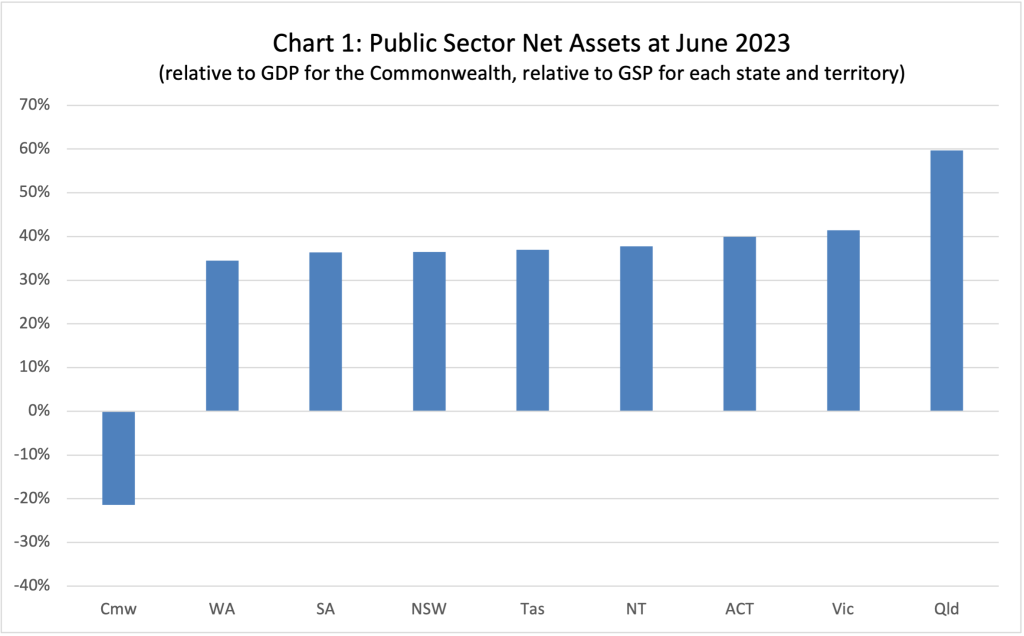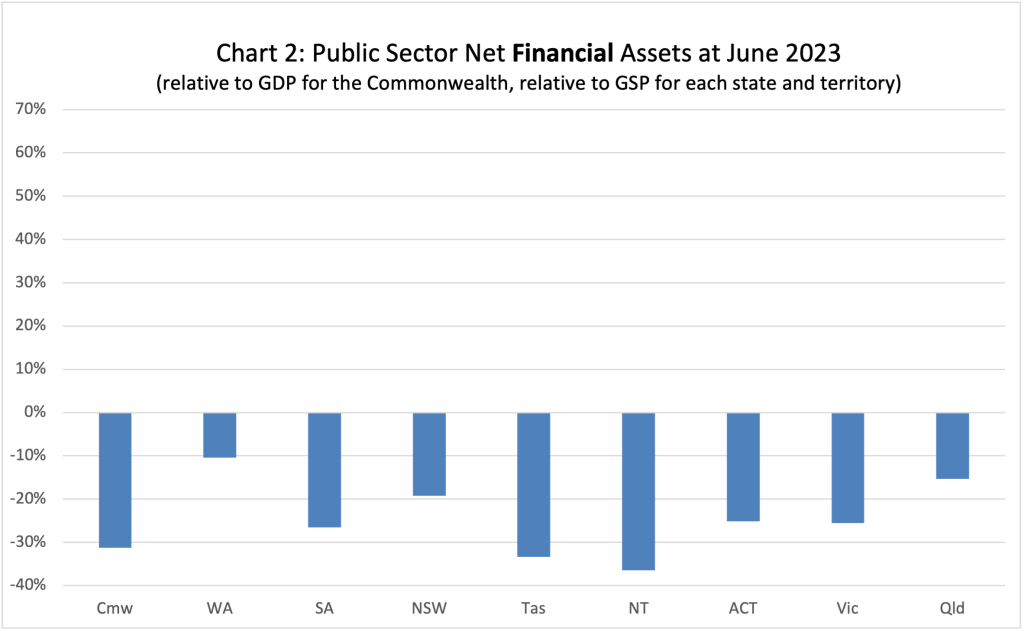AI Dystopia
Many voices are warning about the impending dangers of artificial intelligence (AI). They fear everything from mass unemployment to societal collapse, the destruction of humanity by ‘the singularity’, the malicious, sentient AI boogieman (boogie-robot?) from so many science fiction novels and films.
It only takes a brief play with publicly available AI tools, such as Chat GPT, to understand the fear and excitement. It is shockingly impressive. In many ways interacting with LLM (Large Language Model) based AI feels like interacting with a person; an impressively articulate person with astonishing knowledge. It truly can seem sentient.
But this AI is actually far more artificial than intelligent. In many ways, the LLM based AI’s seem to have been designed specifically to pass the Turing Test: to fool users into believing they are interacting with a real person.
What little liberty we have left in western so-called ‘democracies’ is being taken from us by corrupt, incompetent and seemingly deranged bureaucracies.
The LLM-based AI tools can be likened to a person with a photographic memory reading an entire library of books in a language that they cannot speak. When presented with a question, they can write a seemingly intelligent reply, despite having no comprehension of either the question or answer. Their answer is constructed by recognising the patterns of letters and words in the question and matching them to related patterns that they recall from the books. The reply is not reasoned or abstracted; it is not even understood. It is simply plagiarised from the combined mass of documents available.
Because of the way this AI works, replies tend to reflect the most commonly repeated consensus viewpoint, not necessarily the cogent or correct viewpoint. Also, as people use AI to generate more and more content, that content becomes the learning data that AI uses to generate future content, in a perpetually self-reinforcing loop. Isn’t there a saying about telling a lie often enough?
Obviously, not all AI solutions are LLM based. But the foundations of current AI technologies are broadly related. The most important point is that the technologies that we are currently calling AI are not progressing toward a sentient consciousness. What is being called ‘AI’ is still an application of mathematical algorithms to data. The AI ‘revolution’ has more to do with the ever increasing pool of data available, and the speed at which it can be processed, than a fundamental change to the process of computing.
Understanding conceptually how AI does its thing is vital to understanding the real threat of AI. An omniscient computer is not going to consciously decide to destroy all of us. We can all rest easy knowing that any decision to drop nuclear bombs, poison the water, cut off the food supply, switch off the power grid, or engage in any other method of genocide will continue to be the conscious decision of humans in governments.
Many voices are warning about the impending dangers of artificial intelligence (AI).
Nonetheless, there is evidence that we are headed toward an AI-driven dystopia that could be every bit as miserable and tyrannical as science fiction.
WEF founder, Klaus Schwab, describes a future of “fusing the physical, digital and biological worlds”. He is so fanatically obsessed with AI technology that he genuinely believes he will live forever in a robot body after digitising his consciousness (ie downloading his brain). Meanwhile, his lead advisor, Yuval Harari, is on record lamenting what ‘they’ will do with all the “useless people” that AI renders “worthless”?
Listening to Schwab and Harari is disturbing. But world leaders and CEOs of the world’s largest corporations seem to take them seriously. DEI, ESG, CBDCs, carbon taxes, online censorship laws, hate-speech laws, forced vaccinations, WHO treaty, etc all either came from the WEF or are being promoted by it. And, the WEF is the official strategic partner of the UN to assist with the implementation of the UN’s 2030 Agenda for “Sustainable Development”. The WEF has clout.
Western Governments, including Australia’s, are onboard with all of the WEF’s tyrannical plans. They have passed (or are passing) laws to censor our speech, detain us without charge, block or steal our bank accounts, revoke our professional licenses, “reeducate” us, prevent us travelling, lock us in our homes and force-medicate us. They are increasingly spying on us, 24/7, to police our every action and thought. And they are currently building and applying AI tools to analyse all of that collected data to automatically find anything that could be considered “dangerous” behaviour or thought to apply those laws.
What little liberty we have left in western so-called ‘democracies’ is being taken from us by corrupt, incompetent and seemingly deranged bureaucracies and ostensibly put in the virtual hands of a technology that is, in fact, unintelligent, inherently prone to error, and easily manipulated. A sentient computer might have been better. At least Skynet would realise the politicians are the problem.








